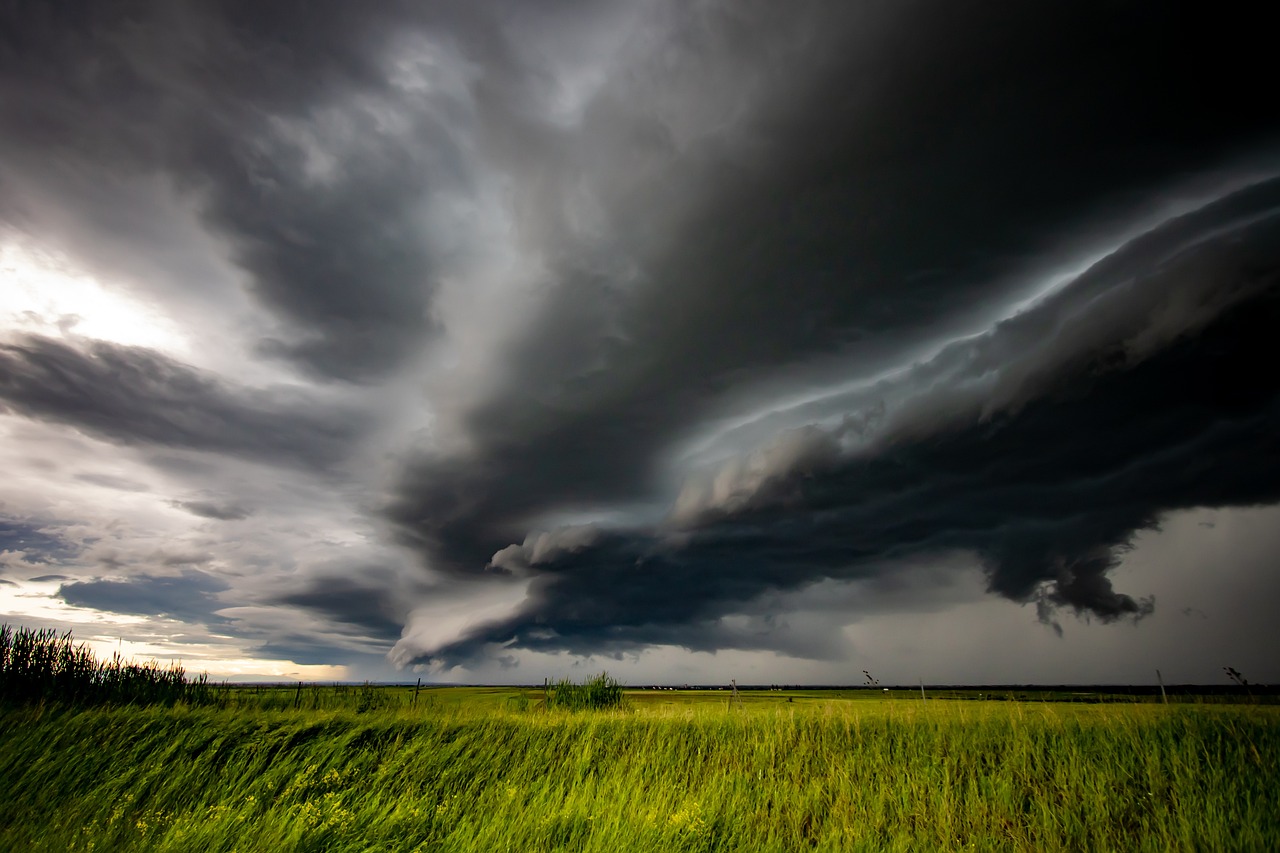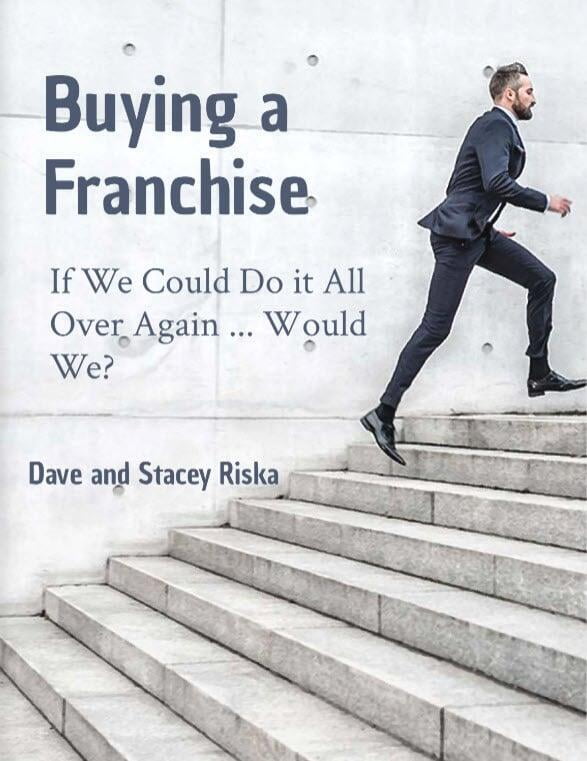
With headlines constantly swirling about economic uncertainties like rising interest rates, inflation, and even the upcoming elections, it’s natural to wonder if now is the right time to buy a franchise. While many people may feel anxious, it’s important to remember that there’s rarely a perfect time to start any business. In fact, the ups and downs of the economy may offer hidden opportunities for those brave enough to take the plunge.
The Reality of Economic Cycles
Over the past few years, we’ve faced unprecedented challenges—from a global pandemic to rapid inflation, and now possibly disinflation. But despite these challenges, the franchise industry has adapted. Whether it’s incorporating cutting-edge technology like AI, introducing new business models such as semi-passive or investor models, or evolving into mobile franchises, franchising has remained resilient.
Here’s a key insight: no matter when you start a business, you will encounter economic cycles. The perfect economic conditions will likely never align with your desire to invest. The most important takeaway? Franchising has weathered even worse storms, with successful businesses born out of times like the Great Depression.
Lessons From the Past
In 2005, despite the fear of writing a big check, we decided to invest in a franchise. Fast forward to 2008—the Great Financial Crisis hit. But even during that tumultuous time, we managed to thrive. It's a reminder that while fear is a natural response, the right business model, coupled with a long-term vision, can survive and even prosper through economic downturns.
Businesses such as Walt Disney and IBM were founded during challenging economic periods, proving that tough times often create opportunities for savvy entrepreneurs.
Why Now Might Be the Perfect Time
Statistics show that 50% of franchises cost less than $350,000, with many opportunities at lower investment levels. Many franchise models, such as home services, senior care, and the pet industry, are recession-resistant and meet essential consumer needs. The franchise industry is also projected to grow by over 4% in 2024, highlighting its strength, regardless of current economic uncertainties.
Franchising offers a proven system with a higher probability of success. While startups have a failure rate of 90% within the first five years, 80–90% of franchises are still in business after five years. This makes franchising an attractive option for aspiring business owners who are risk-averse but want to take control of their future.
Key Highlights
Economic Uncertainty: Rising interest rates, inflation, and upcoming elections may cause fear, but franchising has adapted and grown despite these challenges.
Franchise Industry Resilience: Franchises have embraced technology, new business models (e.g., mobile franchising), and are increasingly investing in tools that help franchisees succeed.
Historical Lessons: Businesses such as Walt Disney and IBM started during the Great Depression, proving that tough economic times can still yield successful ventures.
Statistics Show Opportunity:
50% of franchises cost less than $350,000.
Franchising is growing at over 4% in 2024.
80-90% of franchises remain in business after five years, compared to 90% failure rates for startups.
Recession-Resistant Industries: Home services, senior care, and the pet industry are booming and essential services that thrive during economic downturns.
Personal Stories: Even during the 2008 Financial Crisis, our franchise thrived, illustrating that there's never a "perfect time" but also never a wrong time if you're well-prepared.
Proven System: Franchising offers a structured and proven system with high success rates, making it an appealing alternative to starting from scratch.
What's Your Next? - Podcast
 | Author BioI’m Stacey Riska aka “Small Business Stacey”, your franchise placement specialist. I help aspiring business owners find the PERFECT franchise so they can get to the next level in life and business. |


